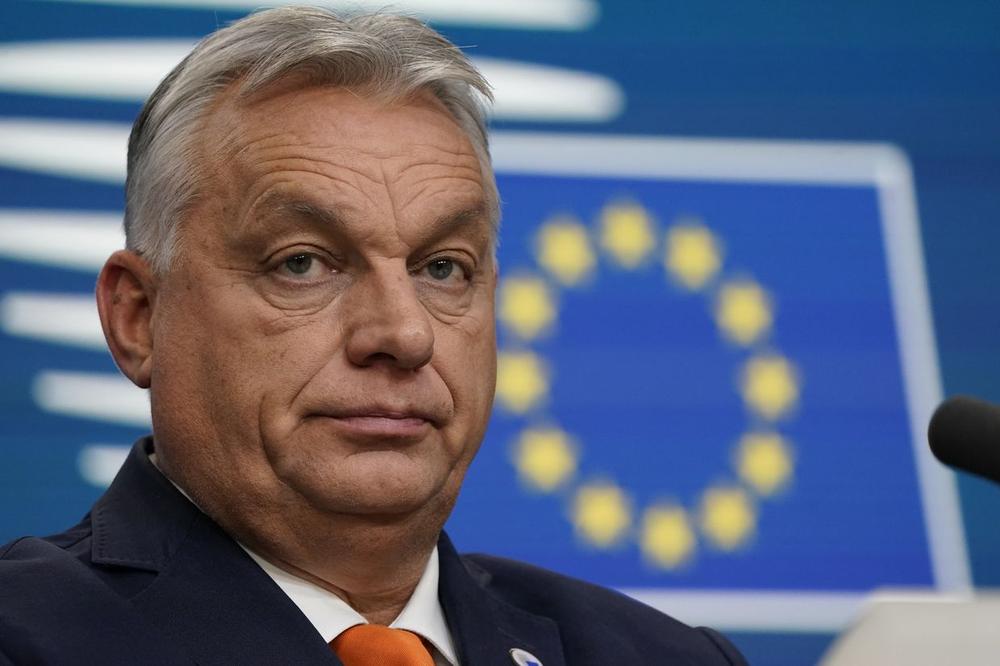Hungarian Prime Minister Viktor Orban said on Oct. 11 that Budapest has launched a nationwide petition drive to collect signatures in opposition to the European Union's "war plan" to finance Ukraine's war effort.
"A few weeks ago in Copenhagen, Brussels’ war plan was presented: Europe pays, the Ukrainians fight, and Russia will eventually be exhausted. We weren’t told how much this will cost or how long it will last," Orban wrote on Facebook in announcing the petition drive.
"In Denmark I made it clear: we don’t want any part of this," Orban continued, adding that the petition drive will attempt to reach "every city and every village" in the country.
Orban, the EU's most openly pro-Russian leader, has maintained close ties with the Kremlin, repeatedly blocked or delayed military assistance to Ukraine, and echoed Kremlin narratives.
Since the start of Russia's full-scale invasion, Budapest has repeatedly denounced EU plans to provide aid funding to the embattled nation. Orban has also led the charge in attempting to obstruct sanctions against Moscow and has denounced EU plans to cut reliance on Russian gas imports.
Orban's petition drive alongside increasingly sharp rhetoric on Ukraine aligns with his anti-EU and nationalist messaging ahead of Hungary's 2026 parliamentary election.
In recent months, Orban has stood against Ukraine's accession into the EU, arguing that it would force Hungary to assume Ukraine's burdens, including the war with Russia. On Oct. 6, Orban ramped up the rhetoric against Kyiv, accusing President Volodymyr Zelensky of employing a "tactic of moral blackmail" against Hungary to push Ukraine's bid for EU membership
The petition drive falls in line with similar tactics used by Budapest to give Orban's government leverage on pressing political issues.
Since 2010, Orban's government has conducted more than a dozen national consultations — non-binding letter campaigns with leading questions designed to reinforce government positions.
Despite criticism over its credibility and turnout, a June national consultation on Ukraine's accession to the EU showed that 95% of participants opposed Ukraine's membership into the bloc.

 Diane Keaton Dies: Annie Hall and The Godfather Actress Was 79
Diane Keaton Dies: Annie Hall and The Godfather Actress Was 79